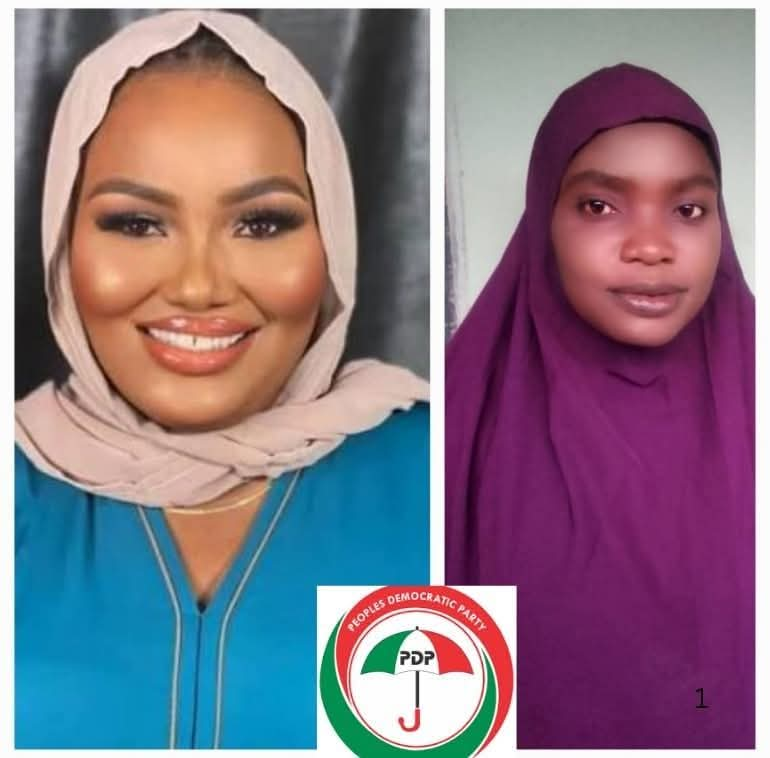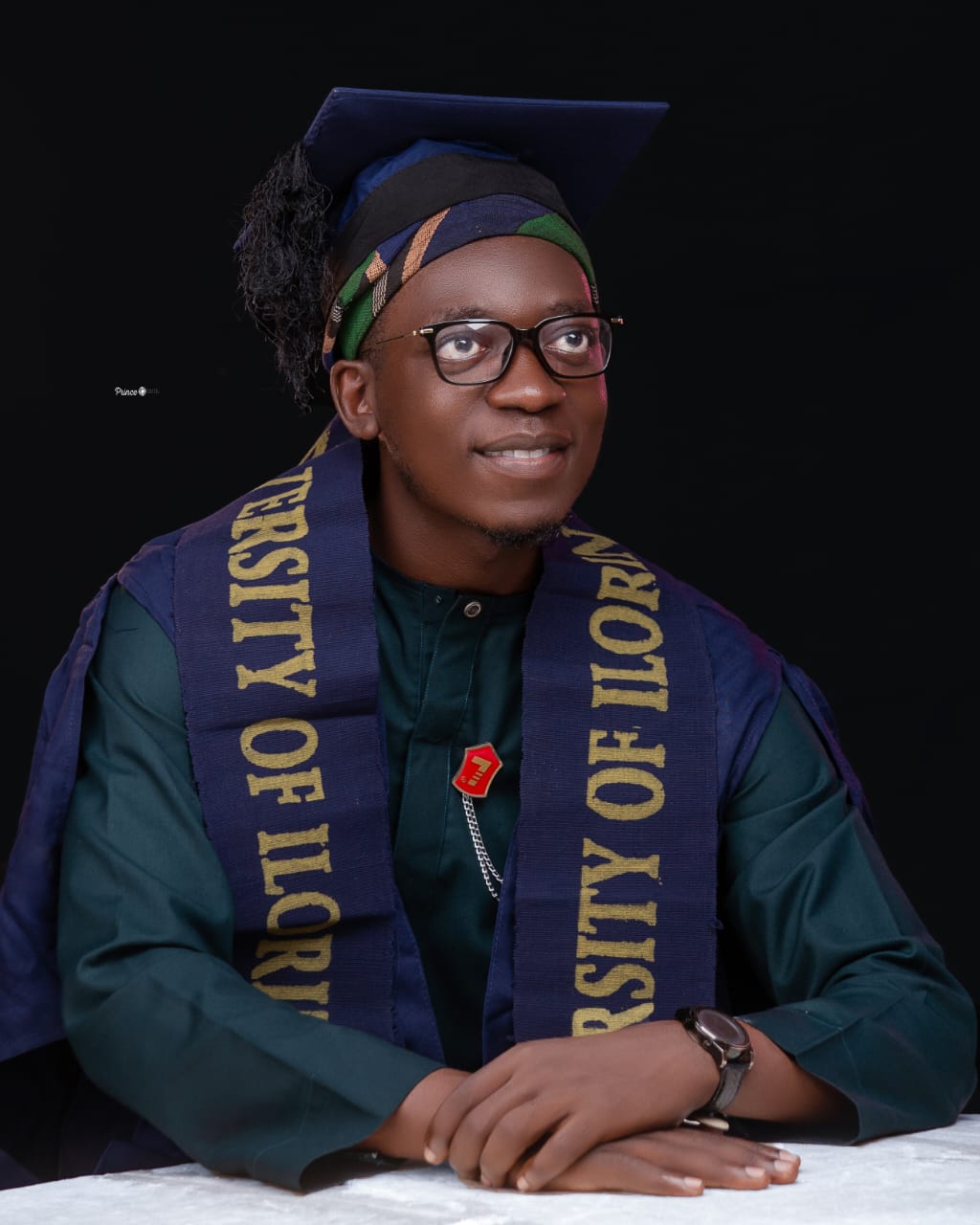
By Iranloye Sofiu Taiye (Optimism Mirror)
The thick smoke, fumes, and dust coupled with hysteria and frenzy that obfuscate the Nigerian political ambiance are now cooling off, invigorated by the hopes, expectations, and optimism of political parties, candidates, and supporters of getting a favorable judgment from the petitions filed to the court aftermath of the 2023 general elections. As the verdicts ratified by the Justices of the Supreme Court and Court of Appeal of Nigeria drew the curtain to the legal tussle and appeals filed by candidates and political parties who contested in the last presidential, governorship, and national assembly elections in Nigeria, it is critical to examine the power wielded by the court to determine the real winner of an election after the INEC official declaration even if the case presented by the court is full of technicalities and not substantial enough to tamper the mandate given to a candidate by the majority of the electorate which is the hallmark of democracy and the magnitude of conflicting rulings upheld by the court of appeals and the apex court respectively on the integrity of the judiciary.
Election is an attribute of democratic societies where citizens vote for their preferred candidates during polls to determine who becomes their representatives, hold political offices, initiate and execute public policies and authoritatively allocate scarce resources and values in the state. In Nigeria, a general election comes every four years which marks the termination and inception of tenure of both executive and legislative political office holders. Since the inception of the fourth republic, elections in Nigeria have always been marred with irregularities and infractions that have forced candidates and political parties to lock horns in the court aftermath of all general elections to seek redress after the official declaration of election results by the INEC of which the 2023 general election is not left behind. It’s now evident that politicians always save tons of money for legal battles and even induce judges to influence the decision of the court even if they were defeated in the poll because the hitherto judiciary in Nigeria where post-election crises are objectively and empirically examined has now metamorphosed into a “quasi – electoral college” were the faith of the candidates were often recklessly decided upon, regardless of the outcomes of the popular vote.
In a sane democratic state, the determination of who becomes political office holders is exclusively through victories during elections, while the judiciary listens to petitions/appeals and presides based on submitted substantial litigations that arose during the electioneering process, devoid of capitalizing on technicalities and emotions that have robbed the rulings of courts her sane and neutral silk in Nigeria. This bane has corruptly stolen the several mandates the electorates have freely given to their preferred representatives who were victorious during elections to unknown individuals who had basked and capitalized on the technicalities in their lawsuits courtesy of ignoble judges among the honorable justices of the court.
Glaringly, the Court of Appeal and the Supreme Court are gradually manifesting into a “quasi-electoral college” where the actual winner of both legislative and executive elections are always determined. Thereby rendering the popular votes of people to mere public opinion or democratic exercise which may be considered or jettisoned based on the whims and caprices of the Justices. It is not even new again that the composition of Justices of Courts today in Nigeria are cronies of the elite and politicians. This has made it difficult for anyone or son of nobody outside their cycle to rise to high echelons in the judiciary, and these qualities characterized the class and clique of individual privileged to be appointed into the electoral college in the case of United States America.
In Rivers State, former Governor Rotimi Amaechi was sworn in as governor through the court ruling courtesy of pre-election matters in the Rivers State PDP, even though he didn’t print any posters, did not go anywhere for the campaign, and was not even known to many electorates yet he ruled for 4 years because of his party internal crisis and the awful winner of the election was sacked. Also, in the case of Bayelsa State, Cheif David Lyon of APC a governor-elect was sacked a day before his swearing-in ceremony by the Supreme Court because of the offense of certificate forgery committed by his deputy, why can’t the law punish the deputy and let the will of the voters prevail? Instead, Douye Diri the candidate of the PDP who was defeated in the election was installed as the State governor on the electorate who rejected him.
Another synonymous case was the recent judgment of the court of appeal on the Platue State National Assembly and State House of Assembly petition where the duly elected members of the House of Assembly under the People Democratic Party (PDP) were sacked by the Court of Appeal owing to their party’s internal issues is quite antithetical to the democratic principle. And the court rulings that ordered the candidates under the flagship of All Progressive Congress (APC) to be sworn in as assembly members even though they were lawfully rejected through the voting process by the constituents is a gross perversion. However, It is quite unfortunate that the people’s choices have been replaced just because of technicalities in the electoral law. This have stripped the voters of the joy of democracy. Is this not an imposition by the court?
Notwithstanding, since the Supreme Court verdict on the same Plateau State governorship election petition appeal reinstated the elected governor being a PDP member despite his party’s internal crisis, it has clearly shown the Court of Appeal judgment is nothing but perversion that infringes the democratic tenets. Pitifully, the legislative functions in Platue State both by the National Assembly members and the State House of Assembly will be administered by imposters for the next four years. However, since according to the electoral law, the final stage of legislative election appeals is the Court of Appeal, I will suggest an amendment to the electoral rule to create a special panel at the Supreme Court with the power to review the decisions of the Court Appeal if found inconsistent.
However, I gave credit to the Supreme Court on this ruling, which shows they have improved from tampering with the will of the voters. Despite, the Nigerian Judicial Council’s need to swiftly set up a panel to prosecute, trial, and arraign the erring Court of Appeal Justices that gave such dubious verdicts to avert the reoccurrence of such acts, serve as a deterrent to others who may be willing to tow that part of dishonesty and to protect the face and temple of the Nigerian Judiciary from comatose.
Iranloye Sofiu Taiye (Optimism Mirror) is a political/public affairs analyst, writer, public speaker, and youth advocate and Can be reached via iranloye100@gmail.com








